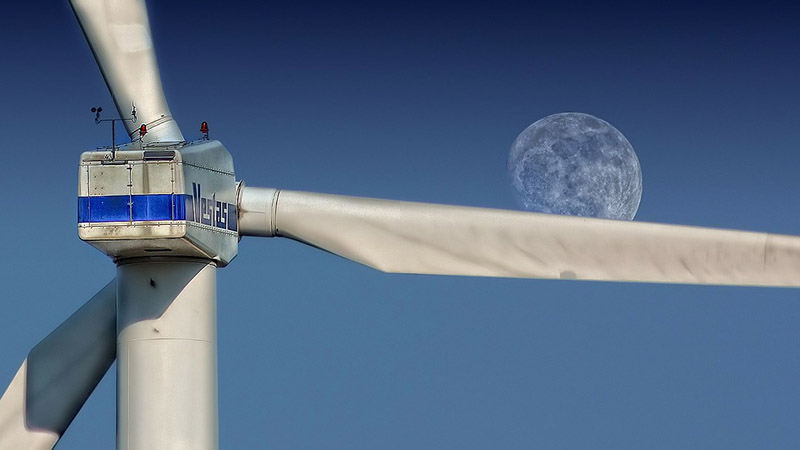Much of Europe prides itself on its determination to act resolutely on climate change, but in at least one key respect it has failed to back its rhetoric with action.
Its investment in renewable energy showed a significant drop in 2015, falling to its lowest level in almost a decade.
Globally, investment in renewables reached a record $328.9 billion last year, according to a study published by the Renewable Energy Policy Network for the 21st Century (REN21), an international coalition of governments, renewable energy trade associations, and financial institutions, including the International Energy Agency and the World Bank.
But the REN21 study says Europe’s reputation as a leader in the field is now in jeopardy as its investment in clean energy fell by 21% last year to $48.8 bn − its lowest total since 2006.
Overall, investment in developed countries fell by 8% last year to $130 bn, with Europe registering the most significant decrease as investment dropped by $13.2 bn between 2014 and 2015.
Marked differences
The report points out that there are marked sectoral differences included within Europe’s falling investment total. For offshore wind power, for instance, 2015 set a record, with financing growing by $17 bn, which is 11% above the year before.
But it shows that the pace of investment in renewable energy in Europe has been slowing down since 2011, dropping by about $74 bn over four years, after a steady increase from $33.3 bn to $122.9 bn between 2005 and 2011.
The report says the causes of Europe’s steep drop in investment in 2015 included a sluggish economy and policy changes to subsidies.
Last year, the British trade association RenewableUK, which describes itself as the voice of wind and marine energy, threatened to take legal action after the UK government announced subsidy cuts to the industry.
The US and China registered investment investment increases in 2015 of 19% and 17%, respectively. The year also saw the total investment in renewable power and fuels in developing countries exceeds that in developed economies.
Remarkable results
“What is truly remarkable about these results is that they were achieved at a time when fossil fuel prices were at historic lows, and renewables remained at a significant disadvantage in terms of government subsidies,” said Christine Lins, executive secretary of REN21.
Arthouros Zervos, who chairs REN21, says: “The renewables train is barrelling down the tracks, but it’s running on 20th-century infrastructure – a system based on outdated thinking where conventional baseload is generated by fossil fuels and nuclear power.
“To accelerate the transition to a healthier, more secure and climate-safe future, we need to build the equivalent of a high-speed rail network – a smarter, more flexible system that maximises the use of variable sources of renewable energy, and accommodates decentralised and community-based generation.”
This article was produced by the Climate News Network
